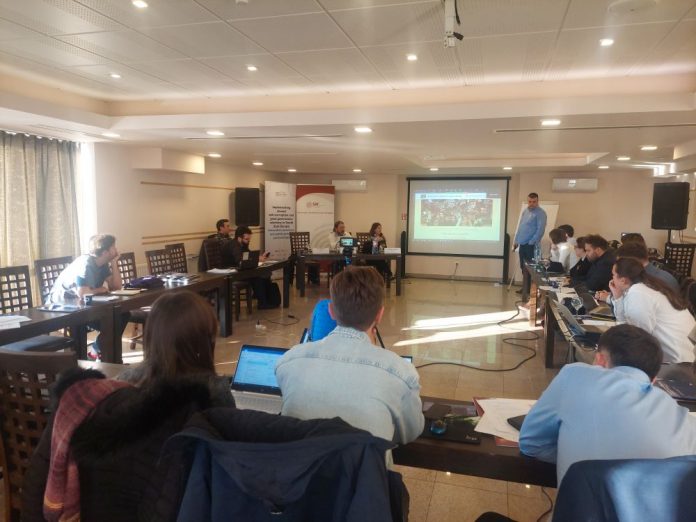The war in Ukraine has made it very clear that bridging the gaps in governance in Southeast Europe is essential to achieving economic growth, maintaining national security, and remaining resilient in the face of foreign authoritarian threats. Tackling corruption through the establishment of comprehensive preventative anti-corruption procedures is essential for reducing SEE’s susceptibility to the jeopardisation of democratic institutions and the destabilisation of the socio-economic environment. As democratic backsliding, strategic corruption, kleptocracy, and illicit finance continue to plague the region and weaken the EU’s internal cohesiveness and overall strength, new approaches to strengthening the role of the civil society and the media must be sought after.
The initiative Regional Good Governance Public-Private Partnership Platform[1] (R2G4P), coordinated by the Center for the Study of Democracy, Bulgaria, aims to close anticorruption policy implementation and public procurement gaps across Southeast Europe and amplify the impact of the planned increase in EU infrastructure support until 2025.
The Platform has continued its efforts to increase the capacity of its civil society and government partners to monitor, diagnose and tackle corruption risks, through a three-day regional training held on 13-15 December 2022 in Bucharest, Romania. While the first regional training was structured around the initiative’s key methodologies and the second one explored the conceptual framework of illicit finance, this third training focused on the use of big data and online surveys for assessing corruption vulnerabilities.
The speakers presented the best methods for studying, measuring, and prosecuting strategic corruption, kleptocracy, and illicit enrichment. Among the presenters were Prof. Alina Mungiu-Pippidi, President of the Romanian Academic Society (SAR) and Chair, European Research Centre for Anti-Corruption and State Building Research, HERTIE School of Governance, John Glenn, Senior Director of Research and Conference, International Forum for Democratic Studies, National Endowment for Democracy, Dr. Ina Kubbe, Researcher and Lecturer at the School of Political Science, Government and International Relations at Tel Aviv University (TAU), Ionuț Pîndaru, Integrity Inspector, National Integrity Agency, Romania, Alexandra Carmen Lăncrănjan, Prosecutor, National Anticorruption Directorate, Valentin Topoloiu, Preventing corruption officer, Romanian General Anticorruption Directorate, Elena Ventura, Program Assistant, Carnegie Europe, Gabriela Alcea, Director of the Supervision Department, National Agency of Public Procurement, Romania, and Maria Jofre, Postdoctoral Research Fellow, Transcrime, Italy.
They showcased how investigative journalists and civil society could expose shady deals of politically connected companies or ill-gained wealth hidden by politically exposed persons. Representatives of the Romanian anti-corruption authorities shared good practices in the use of electronic databases, such as e-DAI and PREVENT. By the end of the training, the participants built up a capacity to perform network analysis, public procurement risk assessment, and safeguard the distribution and spending of national and EU funds.
[1] The focus is placed on nine beneficiary countries – Bulgaria, Croatia, Hungary, Romania, Albania, Bosnia and Herzegovina, North Macedonia, Montenegro, and Serbia.


